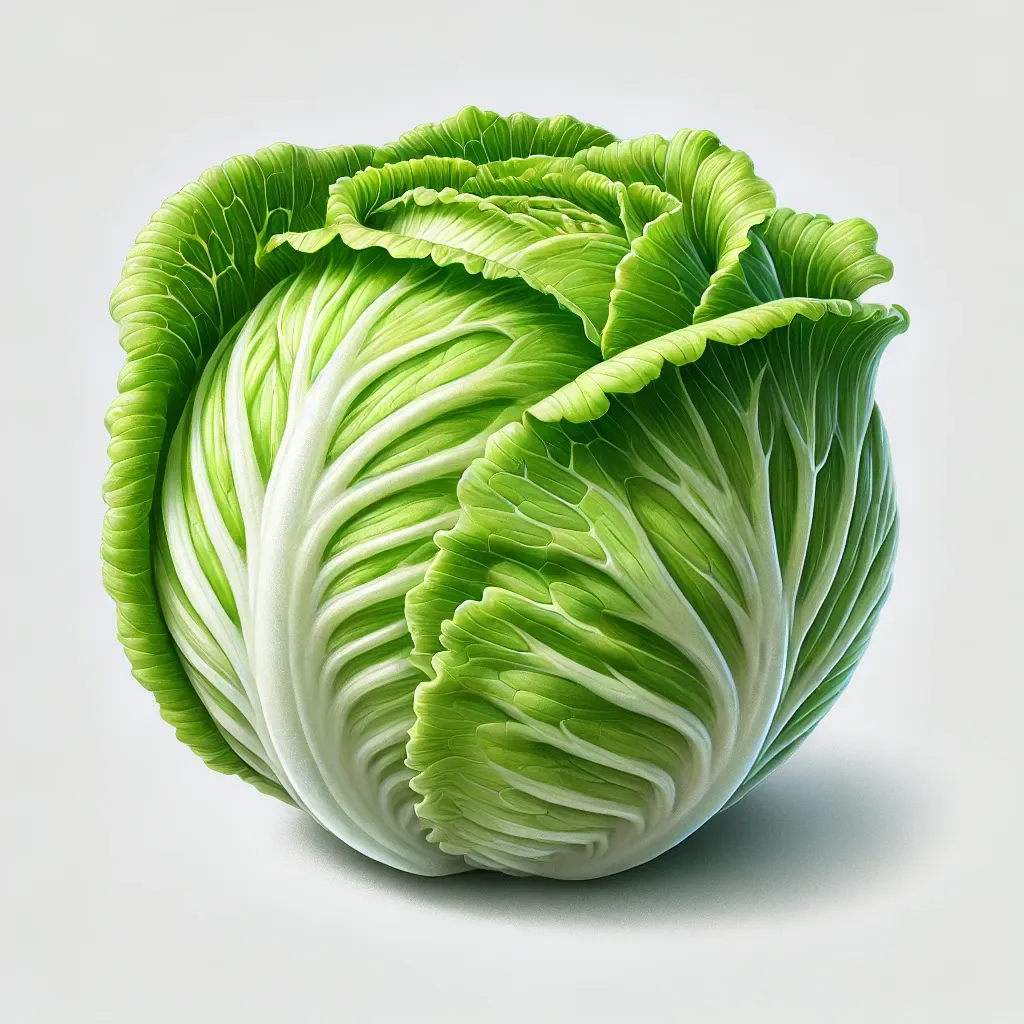If you’re one of the millions dealing with gastroesophageal reflux disease (GERD), you’ve likely tried numerous dietary modifications. Surprisingly, a recent study by Thomas J. Hurr has spotlighted a lesser-known helper for acid reflux sufferers: iceberg lettuce. This common salad ingredient, usually celebrated for its refreshing crunch rather than any medicinal properties, may help ease GERD symptoms naturally.
What GERD Feels Like—and Why Treatment is Often Needed
GERD occurs when stomach acid frequently escapes into the esophagus, often causing discomfort that ranges from mild heartburn to severe pain. While some individuals rely on medications like proton pump inhibitors (PPIs) or antacids, lifestyle and dietary adjustments are crucial for many. Hurr’s study provides an unexpected alternative in iceberg lettuce, suggesting that a modest serving with meals could potentially help.

The Study: Two Case Reports with Positive Outcomes
Hurr’s study featured two patients with long-standing GERD who added iceberg lettuce into their meals. Here’s a snapshot of what happened:
- Patient 1: This individual incorporated iceberg lettuce with their evening meals. Over 50 days, they noted a decrease in mild to moderate reflux symptoms when the lettuce was consumed either during or shortly after meals. For severe episodes, symptoms often lessened to manageable levels when combined with antacids.
- Patient 2: This patient took a similar approach but ate the lettuce after meals. Over a 46-day period, this approach helped in reducing the intensity of reflux symptoms, although not always entirely eliminating them.
In both cases, patients found relief more quickly than expected, with improvements in as little as 5–10 minutes. Interestingly, adding lettuce regularly with meals seemed to help prevent symptom onset altogether on some days.
What Makes Iceberg Lettuce Effective?
Although the exact mechanisms remain unclear, lettuce’s mild effect on acid production and its low-fat, high-water content could contribute to the benefits. Unlike high-fat foods, which are known to trigger reflux, iceberg lettuce doesn’t encourage excessive acid production, making it a gentle addition to meals for those with sensitive stomachs.
Further, its high water content might dilute stomach acids or reduce irritation in the esophagus. Additionally, lettuce contains small amounts of antioxidants like quercetin and other bioactive compounds, which may play a subtle role in soothing digestive discomfort.
Is This a New Remedy for GERD?
While Hurr’s study brings exciting insight, it’s essential to remember these are preliminary findings based on two cases. More extensive studies would help solidify iceberg lettuce’s role as a GERD-friendly food. Nevertheless, for those looking to manage symptoms through diet, iceberg lettuce might be a low-risk, refreshing option to try alongside other dietary adjustments.
References:
https://www.saspublishers.com/media/articles/SJMCR_117_1373-1376_FT.pdf
